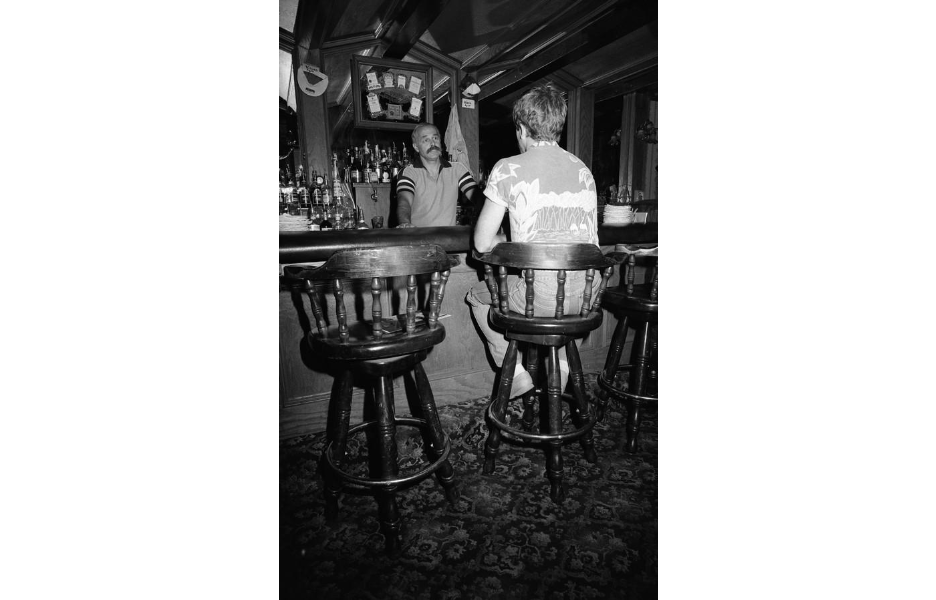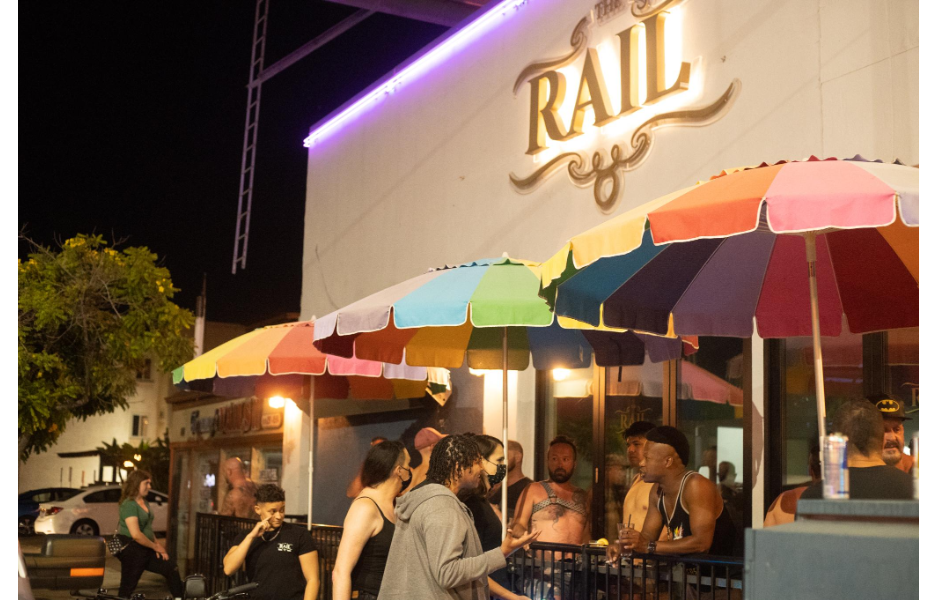The Historical Importance of Bars to LGBTQIA+ Culture
Dear Pride Family,
I was recently asked to guest author a newsletter for San Diego Pride about the historical importance of bars as they relate to the LGBTQIA+ community. This is my favorite topic to delve into, historically speaking, so I’m thrilled to be able to write this. But first, a personal anecdote: I have been proudly sober for more than two years now and it is one of the best decisions I’ve ever made. But I still go to gay bars. An interesting observation that I’ve noted over the last few years is that the only people who ever seem to question why I still go to gay bars, despite being sober…are straight. “Why would you go to a bar if you don’t drink?” they ask as if these spaces are solely about alcohol. The answer, for me, and so many in the LGBTQIA+ community is simple: gay bars are about far more than what’s being poured into a glass.
They are places of refuge, history, and solidarity. Even though I no longer drink, I still feel the deep pull of these spaces—where queer people can come together, feel seen, and celebrate our collective strength. Gay bars have long been about survival, connection, and joy, and I continue to find safety and meaning within their walls.

Just recently, I was happy to join several community members to celebrate the 90th anniversary of San Diego’s oldest gay bar: The Rail. For reference, the year that the Rail (formerly the Brass Rail) opened its doors for the first time was the year that the FBI took down Bonnie and Clyde and the same year that Adolf Hitler entered into power as Führer of Germany. At the corner of 6th and B Street, Brass Rail first opened in 1934 as a bar and restaurant in the Orpheum Theatre. In 1957 the bar was purchased by Lou Arko who converted it to a predominantly gay customer-based bar. It was relocated to 5th and Robinson shortly after where it still stands today. For the first time, this mainstay of Hillcrest is gay-owned and operated by Urbano Pelicon and his friend/business partner Isaac Vargas.

The Rail is one of many gay bars featured in the documentary, San Diego’s Gay Bar History, where much of the research was carried out at Lambda Archives and with the help of many community members who have lived through the opening, closing, and reimagining of some of our most cherished bars.
I would be remiss if I didn’t give a shout-out here to one of my all-time favorite lesbian bars, Six Degrees. Not only because it was an absolute delight (if those walls could talk!), but because it so rarely gets any mention when the topic of gay bars is discussed–as many women’s spaces do. Bars like The Flame carved out spaces for LGBTQIA+ women, offering them visibility and a place where they could feel safe and celebrated. For many women, these bars represented some of the only spaces where they could express themselves freely without fear of judgment. In the face of an often male-dominated queer bar scene, The Flame, in particular, created a thriving community for queer women and their allies.
Contemporary gay bars are a continuation of the historic mission of these establishments—to create inclusive spaces where we can exist authentically. Whether you’re a regular at these bars or someone like me who connects with their history and meaning differently, they remain central to our community’s sense of identity and pride.
It’s important to remember that these spaces have been more than places to party. They’ve been sites of resistance, where the first seeds of LGBTQ+ activism were planted. From organizing against discriminatory laws to creating safe spaces for those experiencing homelessness or ostracism, San Diego’s gay bars have played a crucial role in advancing the LGBTQIA+ rights movement. As we reflect on the rich history and importance of San Diego’s gay bars, it’s vital to remember that these spaces continue to serve as lifelines for many in our community. Let’s keep supporting these sacred places—whether by visiting, sharing their stories, or advocating for their survival—so they can remain pillars of connection and resilience for future generations.
In Pride,
Nicole Verdes
they/she
Managing Director of Lambda Archives
Photos courtesy of Lambda Archives